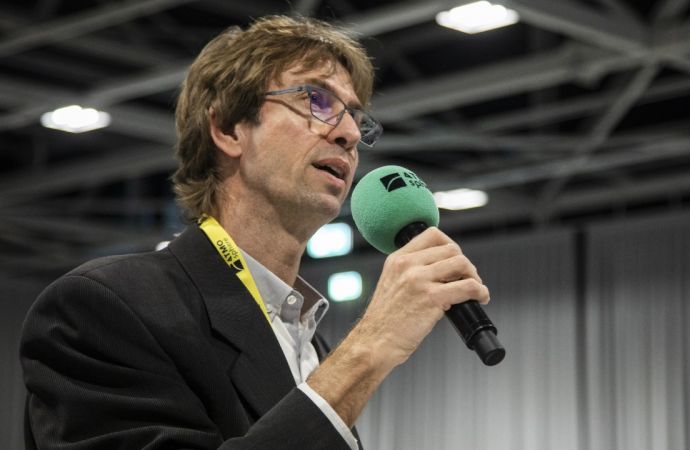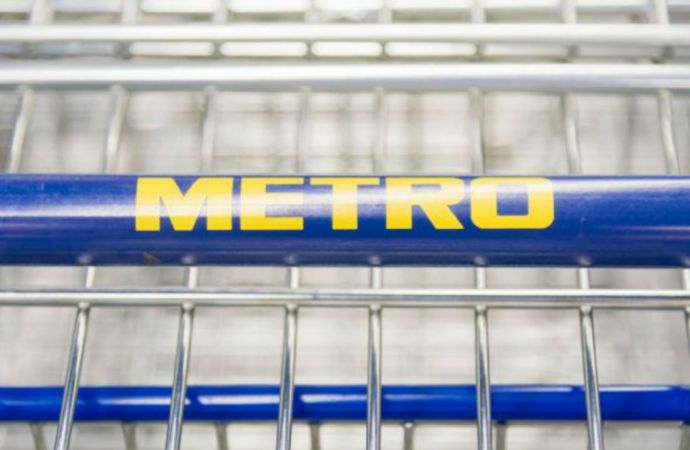Subsidies cover one-third of the installation costs for new natural refrigerant display cases.

Chihiro Kaneko, Tokyo Metropolitan Government
In support of its emissions-reduction strategy, the Japanese capital of Tokyo is continuing subsidies for natural refrigerant-based commercial refrigeration systems are through the 2020-2021 fiscal year, according to the Tokyo Metropolitan Government's website.
In the 2019 fiscal year, which lasted until March 2020, the city provided ¥50 million (US$448,300) in subsidiescoveringone-third of the installation costs for new natural refrigerant-based commercial refrigeration display cases.
This is continuing through the 2020-2021 fiscal year, which lasts from April 2020 through March 2021. In addition, the subsidies have been expanded to include one-fourth of the installation costs for new building air conditioning systems with refrigerants under 750 GWP.
Applications for subsidies are being accepted from April 1, 2020 through February 26, 2021.
The Tokyo Metropolitan Government's recently released "Zero Emission Tokyo Strategy" aims to achieve zero emissions in Tokyo by 2050. The strategy includesa "zero fluorocarbon emissions" goal, which calls for a 35% reduction in hydrofluorocarbon (HFC) emissions by 2030 (as compared to 2014) and the eventual elimination of all HFC emissions by 2050.
NatRef systems in Tokyo
An increasing number of supermarkets and department stores in Tokyo are installing natural refrigerant systems — both with and without the use of the subsidies.
At ATMOsphere Japan 2020 (organized by shecco, publisher of this website), Chihiro Kaneko, Deputy Director, Stationary Hydrofluorocarbon Reduction Team, Bureau of Environment, Tokyo Metropolitan Government, spoke about one supermarket in Tokyo that used subsidies to install 25 pieces of hydrocarbon-based plug-in refrigerators in December of 2019.
Hydrocarbon-based plug-in systems have become increasingly visible in the Japanese commercial food retail market, evidenced by the latest Supermarket Tradeshow and Hoteres exhibitions in Japan in February. This year, more majorsuppliers than ever before exhibited hydrocarbon-based refrigeration equipment including Nihon Netsugen Systems, Daikin, Hoshizaki, Panasonic, Sanden and Mitsubishi Electric.
In addition, in November 2019, Tokyu Department Store, a major Japanese department store chain, completed the installation of CO2 plug-in equipment at its new 47-story high rise commercial complex. Tokyu Department Store chose to forego using subsidies for this project due to a tight construction and delivery schedule.
Related stories



